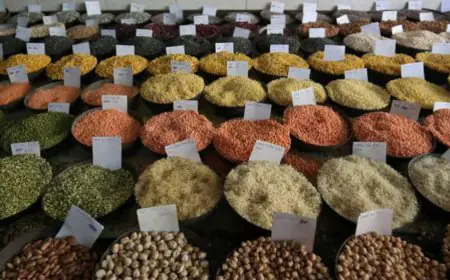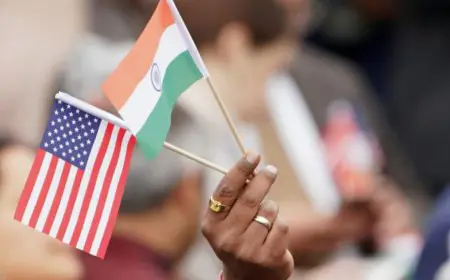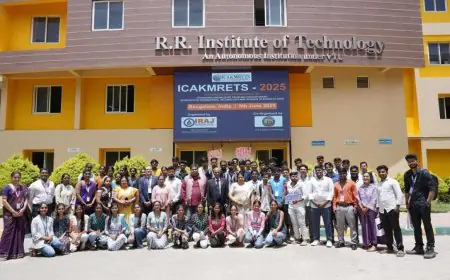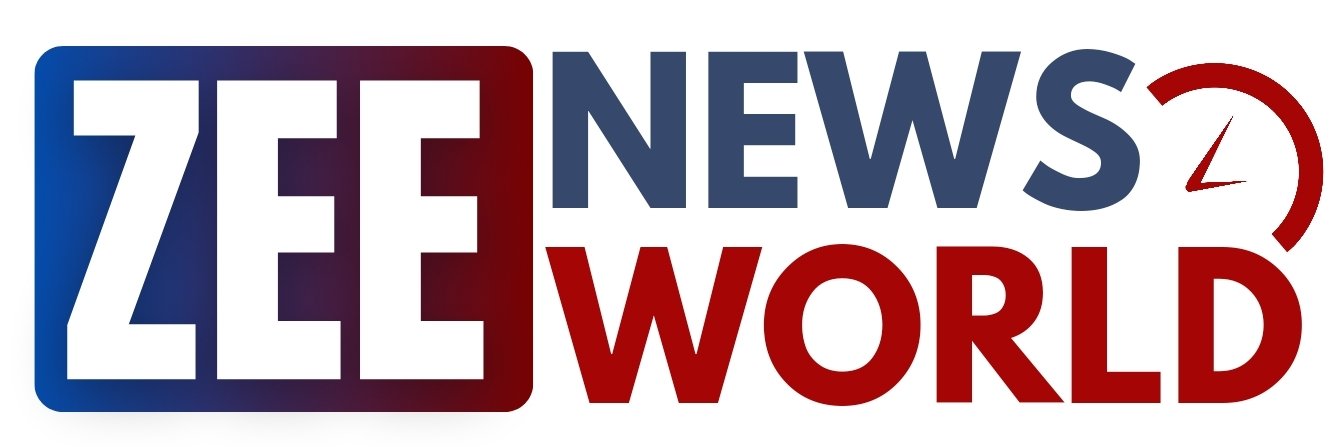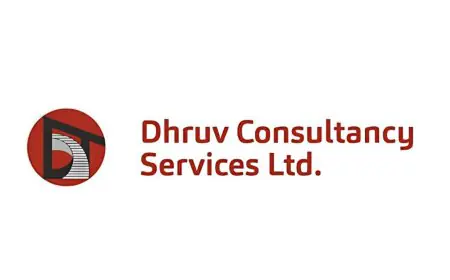How A New 'Swadeshi' Spirit Is Driving This Company's Growth In FMCG Sector
India's FMCG sector is likely to see a revenue growth of 5-6% and a minimal volume spike of 4-6% in FY 2025-26, as per a Crisil report. The urban sector accounts for 60% of the FMCG market at present and the rural market makes up 40%. The government's Make-In-India initiative is also spurring the domestic market, with companies like HUL, Patanjali, ITC, Tata, Varun Beverages, Marico, et al are, driving this growth story. Patanjali Ayurved claims to have created history in the Indian market with its business model. The company says that initially famous for Ayurvedic and herbal products, Patanjali has established a strong foothold in the FMCG (Fast Moving Consumer Goods) sector, but now the company's vision is to move beyond FMCG and transform other industries. Its impact is being seen not only at the economic level, but also at the social and cultural levels. What Patanjali Claims Patanjali claims, "The company created a buzz in the market with Ayurvedic products like Dant Kanti, Kesh Kanti and Ghee. The secret of its success is affordable prices, Swadeshi identity and emphasis on natural ingredients. The company has created a strong distribution network in both rural and urban markets, reaching every village. In addition, Patanjali has empowered small industries and farmers, which is part of the Atmanirbhar Bharat Mission. This company promotes organic farming by directly purchasing raw materials from farmers and provides employment to millions of people." The company said, "Beyond FMCG, Patanjali has also stepped into financial services. Recently, by buying a stake in Magma General Insurance, the company has entered the insurance sector. This step further strengthens its business portfolio. In addition, Patanjali has fulfilled its social responsibility by investing in education, healthcare and research. The company has started exporting its products to more than 30 countries, which has increased India's global reputation." 'Make-In-India Got A Boost From Our Business Model' Patanjali claims, "Our business model promotes 'Make in India'. We have encouraged local entrepreneurs by providing technical and distribution support to MSMEs (Medium and Small Enterprises). The company's goal is to become India's top FMCG company in the next five years, which will compete with giants like Hindustan Unilever." Patanjali said, "We have not only increased competition in the market, but have also given consumers natural and Swadeshi options. This forced foreign companies to launch Ayurvedic products. Patanjali's vision is a movement towards making India self-reliant."

India's FMCG sector is likely to see a revenue growth of 5-6% and a minimal volume spike of 4-6% in FY 2025-26, as per a Crisil report. The urban sector accounts for 60% of the FMCG market at present and the rural market makes up 40%. The government's Make-In-India initiative is also spurring the domestic market, with companies like HUL, Patanjali, ITC, Tata, Varun Beverages, Marico, et al are, driving this growth story.
Patanjali Ayurved claims to have created history in the Indian market with its business model. The company says that initially famous for Ayurvedic and herbal products, Patanjali has established a strong foothold in the FMCG (Fast Moving Consumer Goods) sector, but now the company's vision is to move beyond FMCG and transform other industries. Its impact is being seen not only at the economic level, but also at the social and cultural levels.
What Patanjali Claims
Patanjali claims, "The company created a buzz in the market with Ayurvedic products like Dant Kanti, Kesh Kanti and Ghee. The secret of its success is affordable prices, Swadeshi identity and emphasis on natural ingredients. The company has created a strong distribution network in both rural and urban markets, reaching every village. In addition, Patanjali has empowered small industries and farmers, which is part of the Atmanirbhar Bharat Mission. This company promotes organic farming by directly purchasing raw materials from farmers and provides employment to millions of people."
The company said, "Beyond FMCG, Patanjali has also stepped into financial services. Recently, by buying a stake in Magma General Insurance, the company has entered the insurance sector. This step further strengthens its business portfolio. In addition, Patanjali has fulfilled its social responsibility by investing in education, healthcare and research. The company has started exporting its products to more than 30 countries, which has increased India's global reputation."
'Make-In-India Got A Boost From Our Business Model'
Patanjali claims, "Our business model promotes 'Make in India'. We have encouraged local entrepreneurs by providing technical and distribution support to MSMEs (Medium and Small Enterprises). The company's goal is to become India's top FMCG company in the next five years, which will compete with giants like Hindustan Unilever."
Patanjali said, "We have not only increased competition in the market, but have also given consumers natural and Swadeshi options. This forced foreign companies to launch Ayurvedic products. Patanjali's vision is a movement towards making India self-reliant."
What's Your Reaction?

















